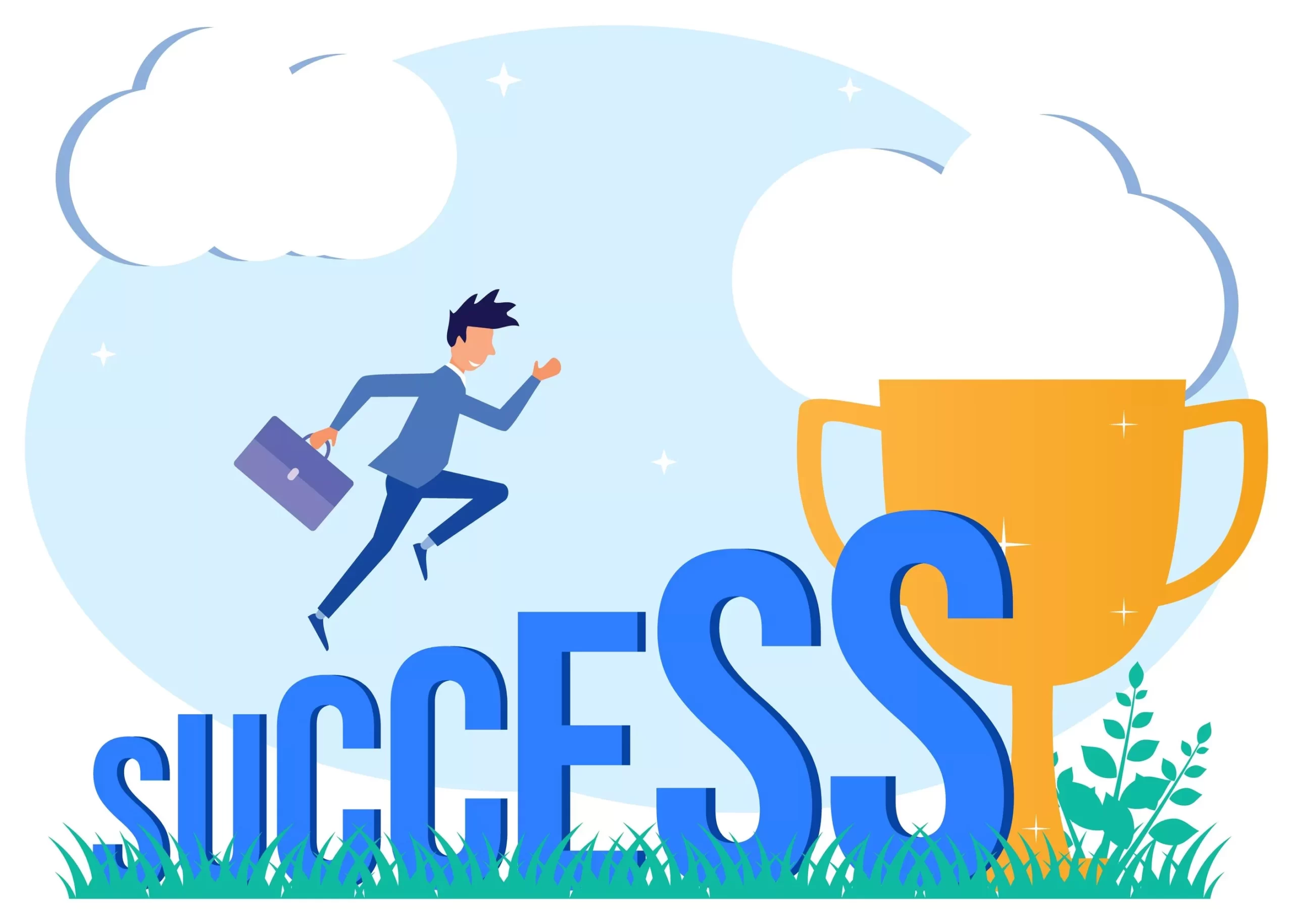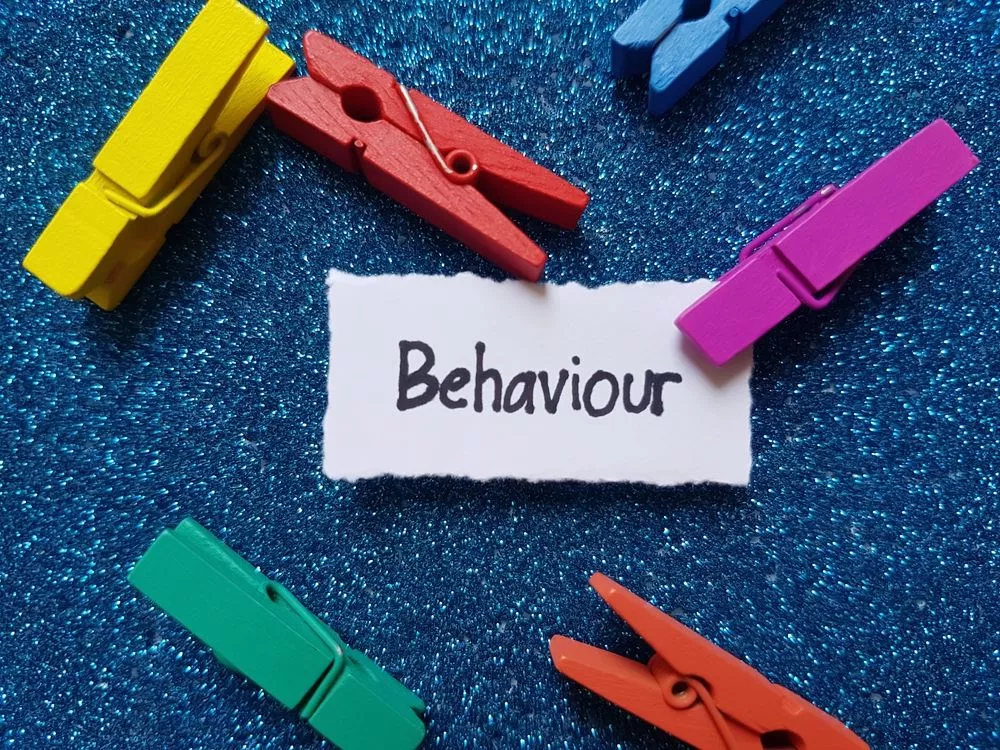No products in the basket.
Introduction
Are you interested in Personal Development? Also want to know more about its Benefits? If you want to expand your knowledge about Personal Developments and want to make a career out of it by becoming a Personal Development expert or a counsellor then this blog post will be beneficial for you.
From basic development to more advanced knowledge to improve yourself, we’ll cover all you need to know in this blog.
What is Personal Development?
Personal development refers to people’s intentional attempts to enhance their abilities. As well as their knowledge, personalities, and general well-being. It is a lifelong process of self-improvement and self-discovery. Which aims to help one meet their most potential and become the best version of themselves. Personal growth involves many facets of life.
Which includes physical, emotional, intellectual, spiritual, and social development. The emphasis is on personal development and self-actualization rather than gaining external achievement.
Personal development is taking a proactive approach to improvement. By defining goals, developing a plan of action, and reflecting on progress on a regular basis. It also entails developing a good mentality. As well as improving communication skills, and establishing meaningful connections. Personal development may help people overcome limiting beliefs. Also to overcome obstacles, and develop courage in the face of hardship.
In a nutshell, personal development is an investment in oneself to live a satisfying and meaningful life. It is a path of self-discovery and self-improvement. which leads to increased pleasure, success, and personal fulfilment.
Why is Personal Development So Important?
- Increases self-awareness: Personal development helps individuals better understand their own strengths. as well as their weaknesses, values, and beliefs. Increased self-awareness can lead to more personal understanding and better decision-making.
- Improves confidence and self-esteem: Individuals may feel a sense of success. which will boost their confidence and self-esteem. by defining objectives and working toward them.
- Enhances personal growth: Individuals may grow and expand both personally and professionally. It enables people to meet their greatest potential and live a more satisfying life.
- Increases resilience: Personal growth helps people live more purposeful and satisfying lives. Which can lead to higher happiness and well-being.
- Improves relationships: Personal development may result in improved communication skills. Also, more emotional intelligence and stronger bonds with others
- Increases happiness: Personal development helps individuals live a more purposeful and fulfilling life. Which can lead to increased happiness and well-being.
- Improves job performance: Personal development can assist individuals in acquiring new
- skills and information. This can lead to enhanced work performance and professional development.
- Improves decision-making: With enhanced self-awareness. Also with personal insight people may make better decisions. Which is consistent with their beliefs and aspirations.
- Builds leadership skills: Personal development can assist individuals in developing leadership qualities. communication, decision-making, and interpersonal abilities, for example.
- Personal growth: Personal growth encourages people to keep learning throughout their lives. As well as about developing, leading to a more happy and meaningful existence.
How to Set Goals and Motivate Yourself?

Goal setting and motivation are critical aspects of human growth. Here are some suggestions:
- Define clear and specific goals: Begin by outlining what you want to achieve. To ensure that your objectives are explicit, quantifiable, and workable.
- Make an action plan. Create a plan of action to achieve your goals by breaking them down into smaller, more manageable tasks.
- Maintain accountability by recording your successes and evaluating them. Also, change your goals on a regular basis.
- Surround yourself with positive influences: Surround yourself with people who support and encourage your ambitions. Also seek out opportunities to learn and improve
- Celebrate your achievements. Regularly celebrate your successes. no matter how small, to keep yourself motivated and on track.
- Stay positive: Maintain a positive attitude and approach, and don’t let failures or barriers discourage you. Instead, see them as chances for development and learning.
- Find inspiration: To stay motivated and on track, look for sources of inspiration such as books, podcasts, or role models.
Remember that personal growth is a continual activity and that creating goals and remaining motivated are ongoing procedures. Maintain your commitment, be patient, and have faith in the process.
Time Management and Productivity
Time management and productivity are crucial abilities that enable people to make the most of their days. Setting objectives, prioritising work, and making a timetable to ensure chores are finished on time. It is part of effective time management. This may be accomplished by employing tactics such as making a to-do list. Using a calendar and avoiding distractions are also recommended.
Productivity, on the other hand, is the capacity to complete more work in less time. This may be accomplished through simplifying procedures. Including automating routine work, and concentrating on high-impact activities. Productivity and effective time management go hand in hand.
Having a clear timetable and prioritising activities leads to improved time management and higher productivity.
It’s also important to take breaks and manage stress. since burnout may have a detrimental influence on both time management and productivity. Healthy habits like exercise, sleep, and mindfulness. These can help you maintain balance and improve your overall performance.
Finally, time management and productivity are important abilities for personal and professional success. Individuals may maximise their time and get the most out of each day. By defining objectives, prioritising chores, and making a timetable.
Importance of Self-discipline and Habits Formation
Self-discipline and habit building are important aspects of personal growth. Self-discipline is the capacity to regulate one’s thoughts, emotions, and behaviours in order to attain a desired objective. It entails establishing priorities, following through on promises, and avoiding distractions.#
The process of developing new habits that become automatic over time is known as habit development. Habits are developed by repeatedly performing an action until it becomes automatic over time. Habits are established by repeatedly doing an action until it becomes ingrained in one’s daily routine.
Start small and focus on one behaviour at a time to develop self-discipline and create new habits. Setting specific and attainable objectives, breaking down activities into smaller parts, and measuring It’s also critical to cultivate a growth mentality, viewing setbacks as opportunities for progress rather than impediments. Surrounding oneself with pleasant and helpful individuals may also aid in discipline and the formation of new habits.
Finally, self-discipline and habit building are important abilities for personal and professional success. by establishing specific goals, measuring progress, and cultivating a growth attitude. Individuals can develop self-control and new behaviours that will lead to a more meaningful existence.
Steps to Follow for Controlling Stress Management
- Identify the causes of stress: Begin by determining what is generating your stress, such as job, relationships, or your health.
- Deep breathing, meditation, or yoga are all good ways to relax.
- Exercise regularly: Regular physical activity has been demonstrated to lower stress and promote mental health.
- Get enough sleep: Sleep deprivation can increase stress levels, so aim for 7-8 hours of decent sleep each night.
- Eat a healthy diet: A balanced diet can help enhance your energy levels, mood, and general health, which can cut stress.
- Caffeine and alcohol should be avoided. since both may raise anxiety and impair sleep, making stress management more difficult.
- Make time for hobbies and leisure activities: Engaging in activities that you like can help you relax and reduce stress.
- Seek aid from family and friends: Sharing your thoughts and experiences with others can help relieve stress.
- To avoid feeling overwhelmed, practise effective time management. by prioritising your duties, setting reasonable objectives, and taking pauses.
- Learn to say no: To conserve your time and energy, avoid overcommitting yourself and create limits.
Behaviour Management

Behaviour management is very important. Teachers, parents, and supervisors utilise behaviour management tools and procedures to encourage and reward positive behaviours while limiting the negative ones. Here are some suggestions for good behaviour management:
- Empathy: Express empathy and understanding to people who engage in bad behaviours, and assist them in understanding why their conduct is harmful.
- Encourage self-reflection: encourage people to think about their conduct and consider how it affects others.
- Collaboration: Collaboration is working with individuals to identify solutions for modifying behaviour and offering assistance as required.
- Adapt to individual demands: Tailor your behaviour control tactics to each person’s unique needs and situations.
- Celebrate triumphs: recognize and praise individual achievements, as well as celebrate successes and progress in behaviour control.
Summary
Personal growth and continuous learning are essential for overall well-being and success in life. They provide individuals with new perspectives, skills, and knowledge allowing them to adapt to changing circumstances. This leads to increased job satisfaction, better relationships, and improved mental and physical health.
Achieving personal development is a journey of self-discovery and self-improvement, which leads to increased pleasure, success, and personal fulfilment. Personal development is an investment in oneself to live a satisfying and meaningful life through self-awareness, self-acceptance and understanding of the world around us.
FAQs
What is the Importance of Personal Growth and Continuous learning?
Personal development and lifelong learning are vital for general well-being and success. They provide people with new views, skills, and information. Also help them to adapt to changing circumstances and achieve personal and professional objectives. Personal development helps people become more self-aware, confident, and resilient.
While constant learning keeps them current and relevant in their industries. This results in enhanced work satisfaction, stronger relationships, and better mental and physical health. To summarise, personal development and continual learning is important. For both personal and professional development. They equip individuals with the tools they need to live a fulfilled life.
What are the benefits of Positive thinking?
- Positive thinking has the following benefits, according to studies and researchers:
- Positive thinking can lead to improved mental health. It also reduces levels of sadness and anxiety.
- Positive thinking can help you become more resilient in the face of difficulties and disappointments.
- Physical health benefits from positive thinking, including decreased blood pressure and stress levels.
- Positive thinking may help strengthen relationships by enhancing empathy, compassion, and understanding.
How to improve Communication skills?
- Improve your communication abilities by actively listening to what others have to say and engaging in two-way discussions.
- Be clear and concise. Be clear and succinct in your words, and utilise simple terminology. Avoid using technical jargon or terms that are unnecessarily sophisticated.
- Put yourself in the shoes of the other person and try to grasp their point of view. This will improve the clarity and understanding of your speech.
what is the definition of self-awareness?
The capacity to notice and comprehend one’s own feelings, ideas, and behaviours. As well as their influence on oneself and others, is referred to as self-awareness. It is a critical component of emotional intelligence. as well as personal growth and development. Self-awareness is essential not just for personal growth, but it also affects how we interact with the environment around us.
How to improve Leadership qualities?
Here are some pointers to help you develop your leadership abilities:
- Improve your communication skills: Because good communication is a vital leadership skill, One needs to concentrate on improving their ability to speak clearly and effectively.
- Embrace learning: Leaders are constantly striving to grow. Therefore, they utilise the opportunity to learn new things and build new talents.
- Set a good example for your team to follow by leading by example. Model the actions and attitudes you want to see in your team to show them what you expect of them.




